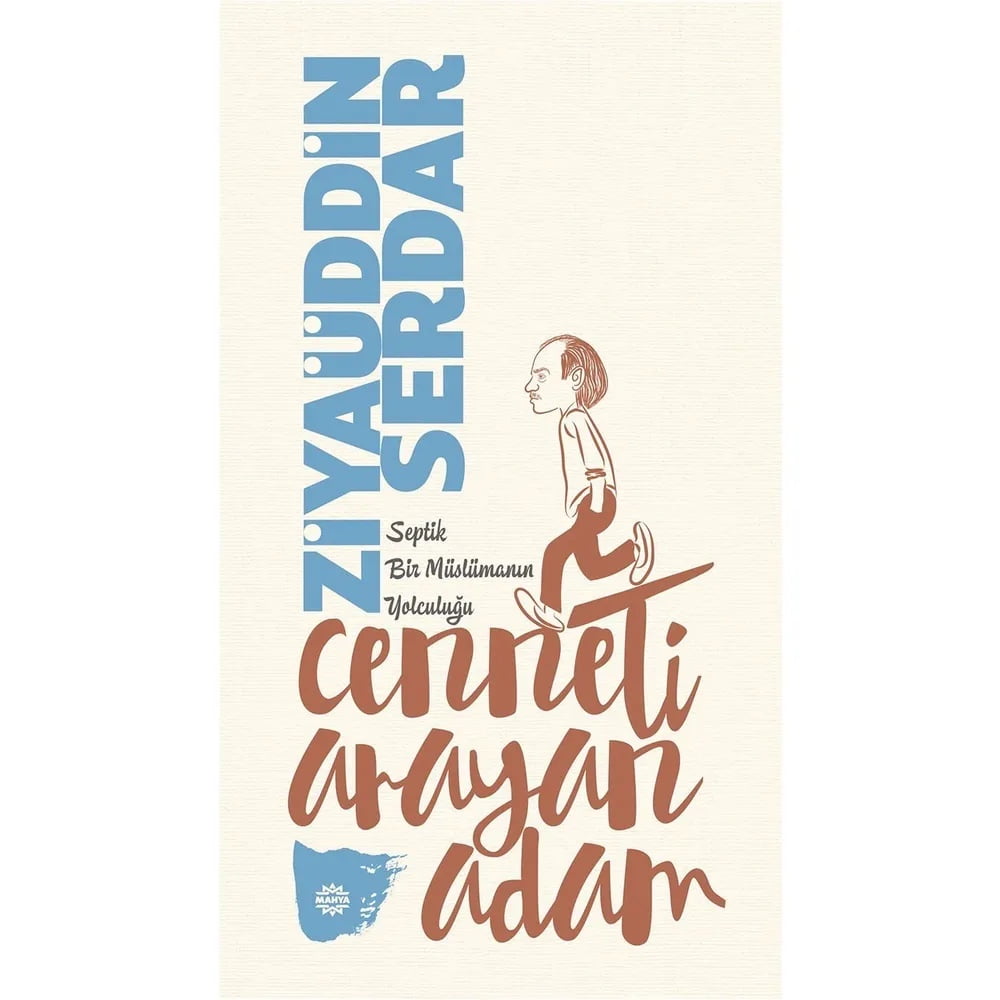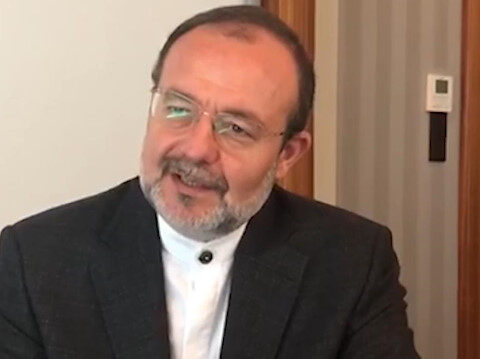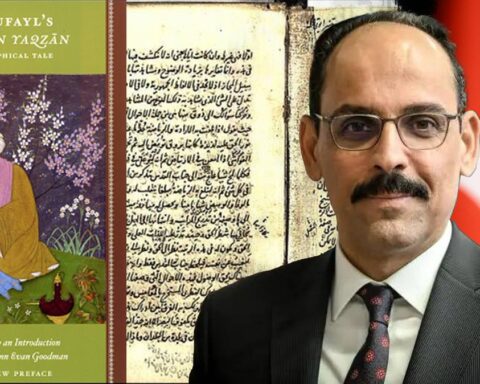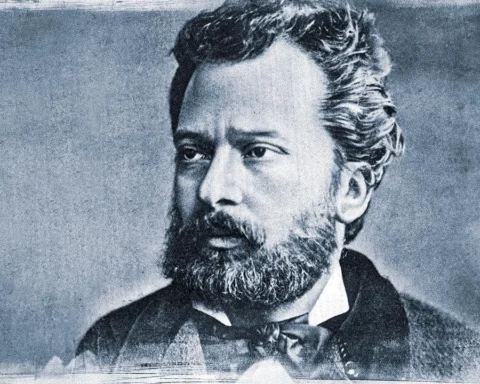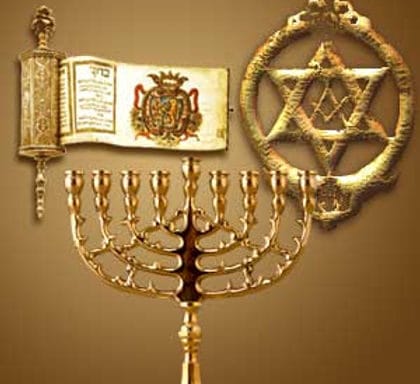The journey of a septic Muslim / Mahya Publications
Before and after arrive at the same place together.
Tao Te Ching
Ziauddin Serdar, an intellectual of Pakistani origin, was born in Lahore and grew up in London, in a family environment where his mother had deep and sincere religious feelingsand his father was a sectarian. His fluency in English, his curiosity, his enterprising andcombative personality were instrumental in introducing him to a rich spectrum of the ummahthrough the student associations he formed during his university years.
He interpreted his biography of his conversion to Islam as ‘searching for paradise‘. Withoutthe concepts of the afterlife, the book of reckoning, heaven and hell, reward and punishment, and most importantly, Allah’s will, the status of Muslims such as believers and hypocritescannot be understood. This quest gives us clues to recognize and understand Muslimindividuals and factions in many countries.
There are interesting anecdotes in the book. Among these trips is one to Türkiye during theSeptember 12 period. However, in my opinion, this section is quite weak. But the tank and thesoldier in front of ITU is an important testimony against coups. Then there is Pakistan andZiaul Haq, with its rigid regime and the Haqqaniyah madrassas, which were the jihadist depotof the Afghanistan war and fanaticism in religion as a supposed Islamization project with thepoverty of the people. There are observations on Saudi Arabia, China, Iran.
Along with these, the reflections of the breaking points ‘Satanic Verses‘ and ‘September11th’…
I would like to summarize a chapter I chose from the book.
One day, when global developments were becoming so visible and dominant that Ziyaüddin Serdar despaired of his efforts to find paradise, there was a knock on his door. When he opensthe door, two people appear, one short and one tall. And in walks Nasser, a Malaysian he knew from his university years, introducing himself and embracing him. Nasir is a hyperactive person and thanks to this characteristic, he quickly climbed the bureaucraticladder.
Serdar expresses in advance that he would not accept if he came with a project, but Nasir is insistent. Anwar Ibrahim, the Prime Minister and Party President of Malaysia at the time, saidthat they needed more intellectuals like them and asked for their help in this regard. Thinkingthat ‘Malaysia could be the new Andalusia‘, Serdar and his friends rolled up their sleeves forMalaysia, which was a model in the Islamic world.
Malaysia was introduced to Islam in the 1300s and in the 15th century, Malacca became an important city with flourishing trade with China, the West and the Middle East. From the 16th century onwards, Portuguese and then British occupation disrupted the economic and politicalstructure of the country.
Malaysia’s social organization suffered greatly after the British occupation in the 1800s, andthe Muslim and settled Chinese population strata were excluded and forced into individualfarming, and even small landowners were forbidden to cultivate rubber. Tamils, Chinese andSikhs seized political, social and economic privileges. Nevertheless, in the constitution madeafter 1966, social peace was achieved by granting citizenship to those segments of societybrought by the British occupiers.
In Chinatown, Buddhist, Christian and Islamic places of worship are peacefully lined up sideby side. Muslims even borrowed words for Islamic concepts from Buddhist concepts. Thisenvironment of pluralism fits the slogan used by Spanish historians to describe Andalusia. Reconquista: ‘Live and let live.’ And as South Asia’s growing economy, Malaysia promises tobe a model for other countries to emulate.
Serdar and his colleagues begin a process that starts with small seminars based on interactionswith ministries and leads to large conferences. These events aimed to reflect on the ways of thinking and problems of the Islamic world. While they were learning and teaching andworking efficiently, Saddam’s attack on Kuwait took place.
Saud’s International Relations Attack…
Even though the President of Malaysia sided with Saud, different voices started to emerge in the society. Saudi officials and clerics were coming and going, demanding that the Malaysianpress take a stand in their favor. An old Saudi acquaintance reproached Serdar for not supporting them against Saddam. He wrote an open opinion column in a major English-language newspaper in which he explained that in the final analysis, Muslims were caughtbetween two devils, and that Saud was the lesser of two evils because it had no territorialambitions.
So they offered to give him some money for his scholarly activities, no strings attached. Serdar strongly rejected this offer, thinking of his previous relationship of resentment anddistrust with Saud. Anwar intervened and convinced him that they could use the 5 milliondollars for their own purposes. So a few people flew to Jeddah.
They were all sitting in one room. Sheikh Kamil addressed him and said five… The moneywould be given for his scholarly work. Serdar asked for it in pounds, saying that he lived in London. Just as the sum was beautifully written by a calligrapher in script and numbers, Dr. Yamani said that Saud had a condition: ‘Intellectuals should speak freely, but only at certaintimes and not say what they think.’
At that moment they all froze in astonishment. Serdar had the urge to get up and shatter thecheck into pieces and pour it over the man’s head, but he didn’t move. ‘Here,’ he said, ‘thesheikh built this mosque for himself and that one for his mother.’ And that one,’ Serdar concluded, ‘for when he didn’t feel like praying,’ and they all let it go. (The story of thisincident is in the previous chapters.)
They came back from there without any results but with more freedom. But you know, whenthings start to go bad, you don’t know where to stop and things accelerate. Disgrace begetsmore disgrace. After they came back, the Asian crisis led to the collapse of all the bigcompanies and Malaysia was plunged into an insurmountable debt. President MahathirMohamad blames foreign powers, financial institutions and Anwar, the self-proclaimed heirapparent.
Events unfold in an irrational way. Like Carter, he wants to frame him in a moral scandal andremove him from office, but Anwar is honest and the people believe in him. He spends twoyears orchestrating a scandal. The most sensitive issue for the Malay people is ‘homosexuality‘. One of his friends, Enver’s foster brother, is arrested for not being involvedin a conspiracy involving Enver’s driver.
People take to the streets. Mahathir is booed during the British games. Meanwhile, Anwar is holding a large rally. At night, the police break down the doors, arrest Anwar and take him toprison where he spends several years. Ziauddin and his team have no more work here. One byone they left the country, but first they took care of the prisoners and their families formonths.
In London, etc., they organized large-scale demonstrations for Anwar. Serdar remembers a saying of Ibn Hazm from Andalusia:
‘No matter how open-minded and intelligent you are, authoritarianism will always find a wayaround you.
An Escape Adventure: The Ibans
In the process, the authentic lines of Malaysia were blurring. Malaysia was also sufferingfrom its ‘greatest disease‘. They believed that this was the hallmark of modern civilization. As much as Anwar warned the president and his entourage about corruption, there was no one tolisten to him. Luxury and pampering, skyscrapers in imitation of the West were rampant. They boasted of building the world’s largest airport and the largest pyramid-shaped shoppingmall.
Since the people did not have a culture of expressing their complaints directly, they expressedtheir attitude towards air pollution and rapid urbanization as follows: ‘Things are shrinkingbecause there is less and less space.’ At first Serdar thought this was related to materialconditions. But then he realized that they were referring to the withdrawal of the traditionalfabric from contemporary life. Every Malay is born in a kampong (village) and his or her outlook on life is shaped there. However, the global village had removed villages from theworld of mind and life, and in turn people had become homeless in their homes.
On one of the days when Kuala Lumpur’s gray fog and political atmosphere suffocated withgloom, the author wanted to get away from civilization for a while. He asks his friend if thereis somewhere he can escape to and sets off deep into the Sarawak rainforest with two Malay friends. After a five-hour car ride and then a three-hour boat ride, they reach the high housesof the Ibans. They chat with the chief of the tribe who welcomes them warmly.
Sixty families live in the building. They take care of their needs by division of labor. In theevening they all gather around the chief. The girls go and whisper something in the chief’sear, but he refuses. They insist. Finally he is convinced. A TV and a video player arrive and a young man hangs a poster on a bamboo pole: ‘Terminator 2: Day of Judgment.’
You can run from globalization, but you can never hide from it. It is everywhere, with all itsproblems and suffering, all its complexities and abundance.’ (p.359)
After these developments, they all returned to their countries and homes. As a result of his travels through many countries, Ziya al-Din concludes that the paradise of Islam is not a destination but a mode of travel, that we cannot stop searching for paradise just as we cannotstop living.

